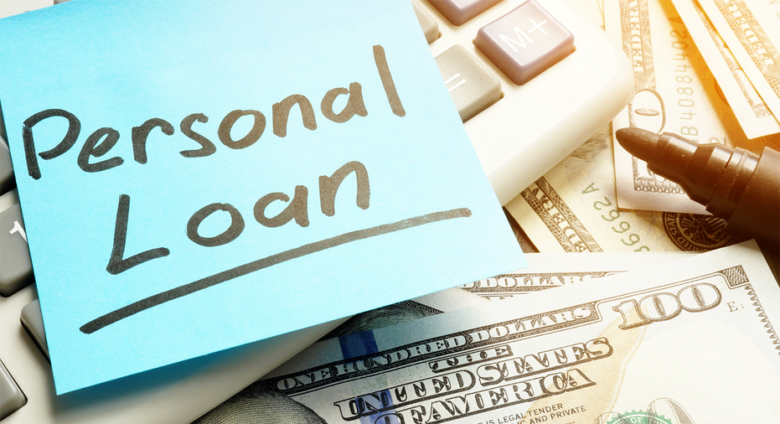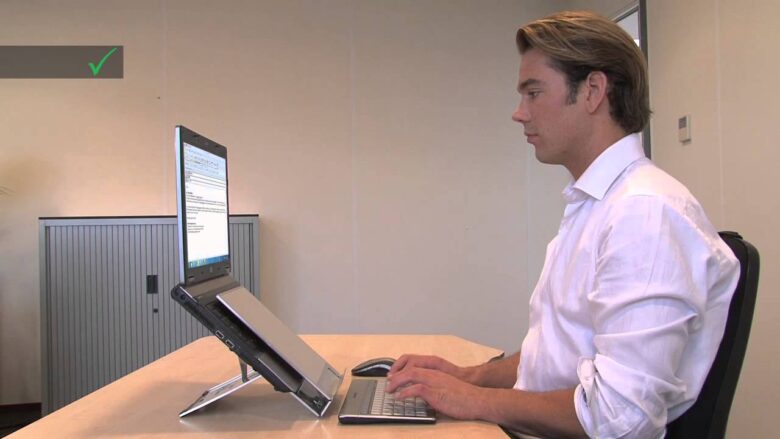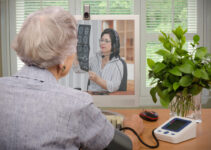Are you a proud, happy laptop owner? Maybe you even have several devices and use each one for a different chore. With prices down to affordable levels, even for some of the better machines, it’s becoming common for students, professionals, and stay-at-home parents to use at least two portable PCs, one for personal tasks, and another for work-related assignments. But, do you ever get the nagging feeling that you’re not getting the most out of your laptops? It’s not surprising that most everyday users are not aware of all the functionality built into the diminutive devices. With recent technology advances, today’s computers are more powerful, agile, and intelligent than ever.
So, is there a secret to leveraging the full power of a laptop? In fact, there’s not one secret. There are many. For instance, too many are multi-tasking on a single computer when they’d be much better off using two. Affordability is rarely an issue because it’s simple enough to obtain a personal loan to pay for additional hardware. Other pro tips for laptop users include using a traditional keyboard to avoid cramped hand space on miniature units, knowing how to maximize battery life, understanding that sometimes three devices are ideal for work and life, and implementing proper sitting and viewing practices in order to avoid sore eyes and backs.
Do you ever suffer from monitor headaches? Then, it’s probably a good idea to buy an inexpensive blue-light screen to cut down on retinal strain. Additionally, consider using an ergonomic stand for fewer body and wrist aches, hiring a professional shopper to help you find the perfect laptop for your needs, and knowing what to do with your old ones. It’s also imperative to know how to care for a laptop so that it performs well and lasts a long time. Here’s a quick rundown of the secrets every owner should know.
Buy at Least Two
It’s not overkill to use two laptops. Nowadays, as social media and at-home jobs are becoming more commonplace, it’s not unusual for people to own two machines and use them for varying purposes. In large families, parents often have one laptop for themselves and a family computer in the kitchen or living room for common use. Consider picking up an extra machine secondhand or during seasonal sales to use as a backup or spare in case your main unit crashes or needs to visit the repair shop.
Personal Loans are the Smart Way to Pay

Source: foxbusiness.com
Prices for laptops cover the spectrum from very low to quite high. Fortunately, for everyday use, low-cost models get the job done. But what if you need a specialty device for your job as a securities trader, engineer, medical professional, or clothing designer? In those cases, you can’t get by with bargain-priced units. Luckily, it’s easy enough to apply for a personal loan to pay for laptops that come with seriously high price tags.
Many stockbrokers use three laptops simultaneously to monitor various charts and multiple ongoing transactions. They need high-security computers with large monitors and excellent resolution. The cost for such a setup can easily run into thousands of dollars. A personal loan can pay for the three laptops and get brokers up and running and earning a profit for their clients. To learn more about how to use personal loans to cover essential expenses, see what this site offers, and you’ll never be in the dark.
Use Your Own Keyboard
One of the most common complaints about laptops is that their keyboards are cramped and non-ergonomic. The easiest workaround for this situation is to use your own portable keyboard via a USB connection. If you have an older device that only has one port, buy a port expander so you’ll be able to plug in as many as four USB cords. Experiment with add-on keyboards to make sure they don’t force you to rearrange your entire workstation. Likewise, if you prefer to type in coffee shops or at the bus stop, a portable keyboard can be a pain. But for long-term use at home or atop a spacious desk, it makes sense to avoid using the build-in laptop keyboards whenever possible.
Don’t Over-Cycle Batteries
Make a habit of plugging your device into a wall socket whenever possible. Don’t use the battery unless there are no outlets nearby. Recharge batteries when they reach the 10 percent level or lower. Avoid topping off a nearly full battery. Over-cycling, or charging too often, will wear the unit down and age it prematurely.
Use an Ergonomic Stand

Source: youtube.com
Buy an elevated stand that offers good ergonomics and serves to keep the unit’s bottom panel ventilated. These stands serve two purposes. They prevent the battery and the unit from overheating, and they give your arms and hands a rest. It’s a fact that laptops are designed for the conservation of space and not for ease of use. That’s why so many users get cramped wrists, sore elbows, and aching shoulders after about 30 minutes of continuous use. Ergonomic stands come close to solving the problem by allowing you to adjust the height and slant exactly as needed, no matter where you’re working.
Hire a Pro IT Shopper
Check local gig websites to find an IT shopper who can help you find the right product in terms of cost, features, power, portability, warranty, and other characteristics. Shopping for computers these days can get very complex in a short amount of time. Make a list of what you use the machine for, the features you prefer to have on it, how much you’re looking to spend, preferred manufacturers, and what your level of computer literacy is.
This is important because once you own the equipment you want it to perform in a way that is optimized to your needs. The best laptops for traveling might be some of the less ideal models for content creation and web editing so be specific. IT pro shoppers usually have agreements with local stores and can get you several laptops to try out at home before you commit to buying one. Expert shoppers can also help you configure your new machine once you purchase it.
General Usage Tips for Longevity and Performance
Don’t ignore the warnings and usage tips that appear on the documentation that comes with a new laptop. Avoid temperature extremes and moist environments. Try not to jostle or shake computers as inner components can break or become loose. Get an impact resistant case and use it. The better cases can protect your unit from becoming damaged even if you drop it from a height of several feet. Stay away from magnets or metal detectors when carrying your device, and back up all your work onto an external thumb drive after each session.




